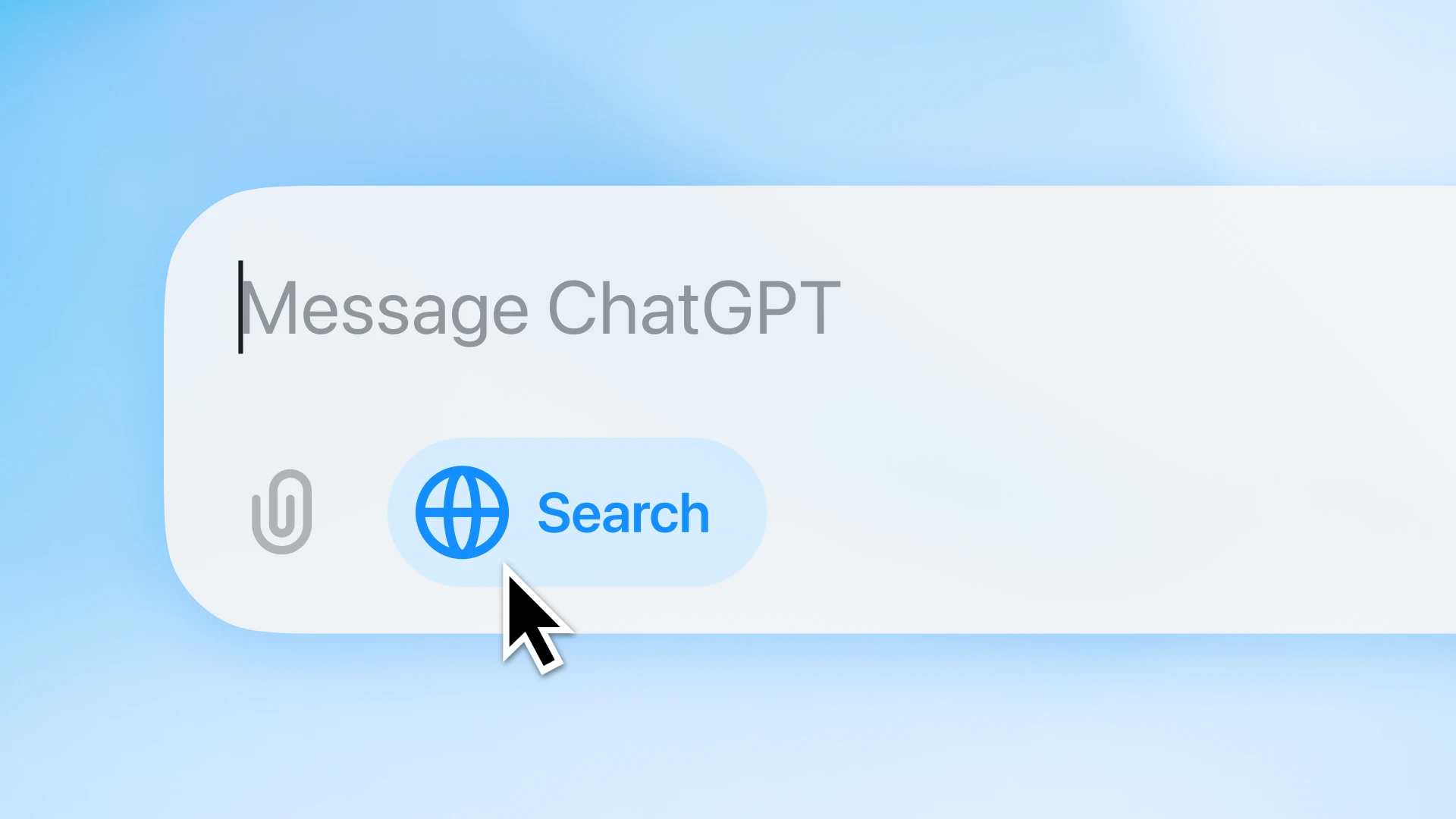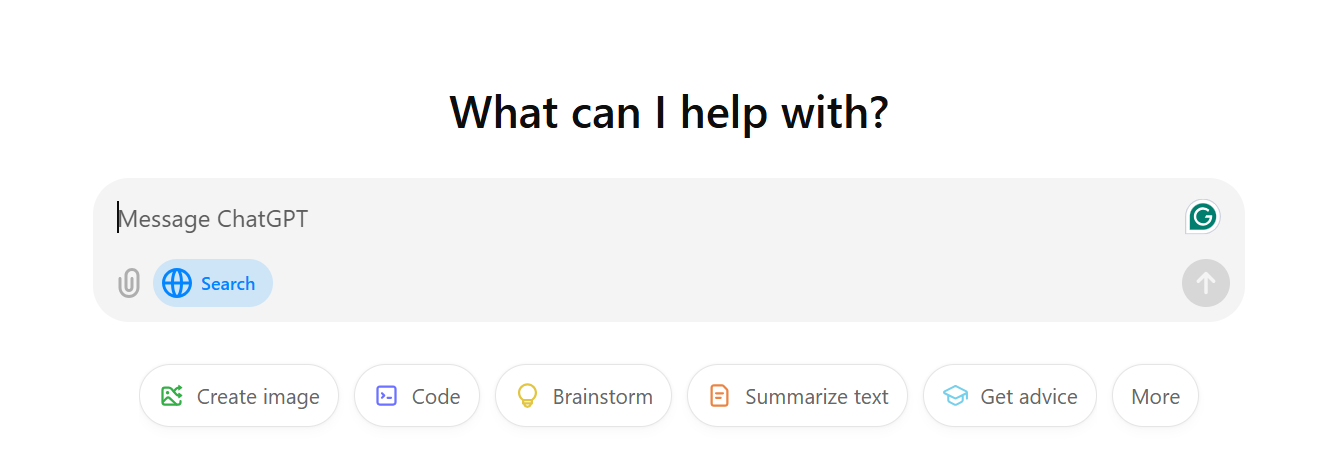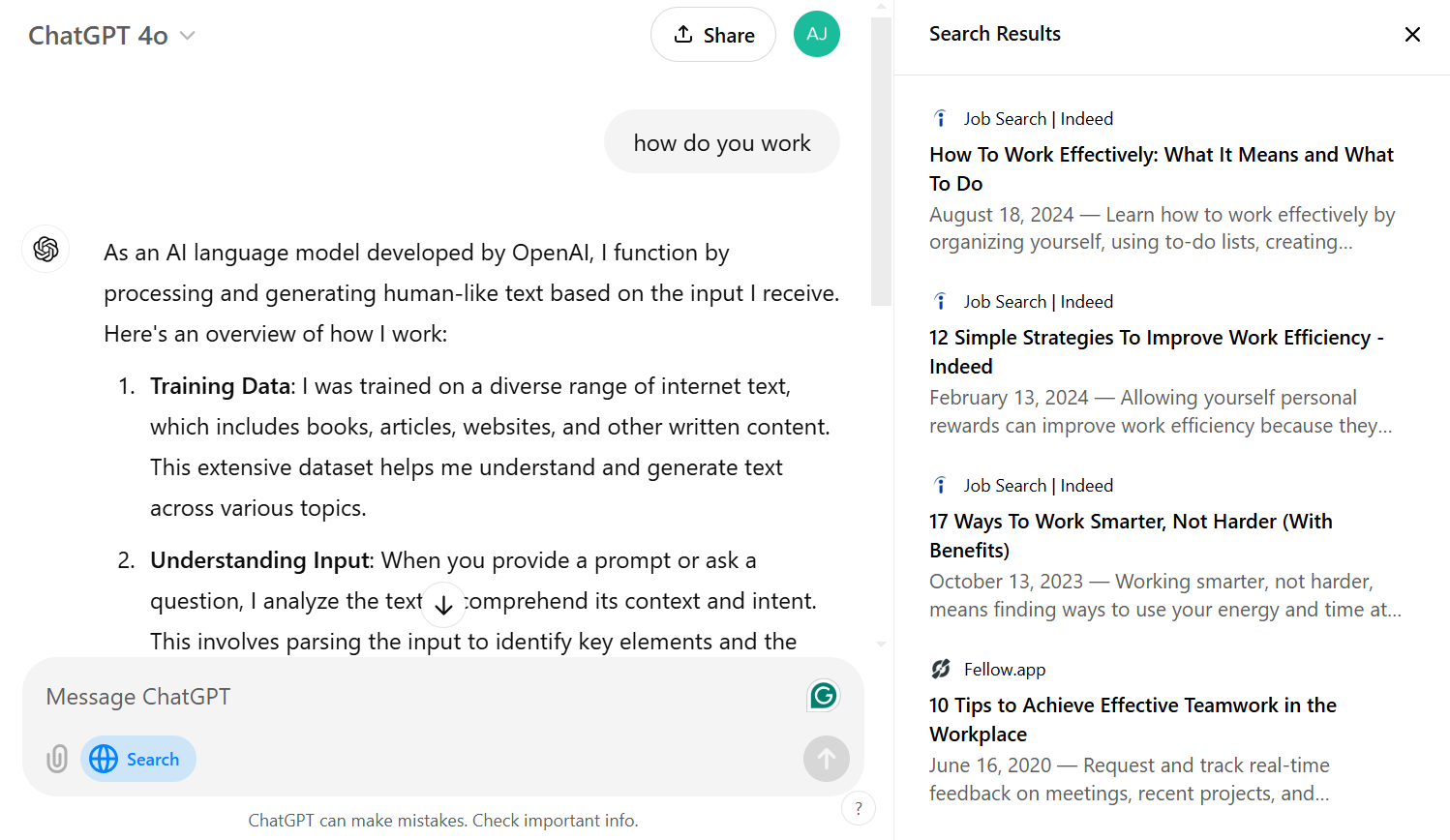
OpenAI has officially entered the search engine arena with the launch of ChatGPT Search, a significant evolution from its earlier SearchGPT prototype. This innovative feature is designed to provide users with timely, conversational answers to their queries, marking a bold challenge to established giants like Google. As we delve into this new offering, we’ll explore its features, implications for users and publishers, and what it means for the future of online searching.
The Rise of ChatGPT Search
In a world where information overload is the norm, OpenAI’s ChatGPT Search aims to simplify how we access and interact with online content. By integrating real-time web search capabilities into its popular chatbot, OpenAI is not just enhancing user experience but also redefining the very nature of search itself.
What Is ChatGPT Search?
ChatGPT Search combines OpenAI’s advanced language model with web search functionality. It allows users to ask questions in a natural, conversational manner and receive immediate responses that include links to relevant sources. This feature is particularly beneficial for retrieving current information such as news updates, sports scores, and stock quotes—something traditional search engines have been doing for years but often with less interactivity.

How Does It Work?
When a user poses a question, ChatGPT Search processes the query and pulls information from various online sources. The responses are not merely lists of links; instead, they are integrated into a conversational format that makes follow-up questions seamless. For example, if you ask about weekend events in San Francisco, ChatGPT might provide a summary sourced from local news outlets along with a list of nearby restaurants when prompted further. This contextual awareness sets it apart from conventional search engines that typically return static lists of links.

A New Era of User Interaction
Conversational AI Meets Real-Time Information
The integration of conversational AI with real-time data is a game-changer. Users can now engage in dynamic dialogues with the AI, refining their queries based on previous answers. This not only enhances user satisfaction but also makes finding information more intuitive and less time-consuming.
User Experience: A Step Forward
OpenAI has designed ChatGPT Search to be user-friendly. The interface allows for easy navigation between questions and answers, ensuring that users can delve deeper into topics without losing context. This conversational approach could appeal especially to those frustrated by traditional keyword-based searches that often require multiple attempts to yield satisfactory results.
Implications for Publishers
Navigating the New Space
While ChatGPT Search promises enhanced user experience, it also raises questions about its impact on content creators and publishers. Many publishers have expressed concerns that AI-generated summaries could cannibalize traffic to their sites. OpenAI has acknowledged these concerns and has taken steps to address them by partnering with major news organizations like The Associated Press and Vox Media.
Ensuring Proper Attribution
To mitigate potential negative impacts on publisher traffic, OpenAI has implemented in-line citations within ChatGPT Search responses. This means that when users receive information from a source, they can easily trace it back to the original publisher. Such measures aim to preserve the integrity of journalism while providing users with high-quality content.
The Competitive Landscape
Challenging Google’s Dominance
With ChatGPT Search now live, OpenAI is positioning itself as a serious competitor to Google. Historically, Google has dominated the search engine market by offering comprehensive results across various queries. However, OpenAI’s approach—combining conversational AI with real-time web information—could attract users seeking a more engaging search experience.
The Future of Search Engines
As more users gravitate towards platforms that offer interactive experiences, traditional search engines may need to adapt or risk losing market share. OpenAI’s decision not to include ads in its search results further differentiates it from competitors like Google, which relies heavily on advertising revenue.
Looking Ahead: Future Enhancements
OpenAI has ambitious plans for ChatGPT Search beyond its initial launch features. The company aims to enhance functionalities related to shopping and travel queries while also integrating voice commands for an even more interactive experience. As these features roll out, we can expect ChatGPT Search to evolve continuously based on user feedback and technological advancements.
A Commitment to Improvement
OpenAI’s commitment to refining the search experience suggests that they are not just launching a product but are invested in creating an ecosystem where both users and publishers can thrive. By actively seeking feedback from both groups, OpenAI aims to create a balanced platform that respects content creators while delivering value to users.
A Transformative Shift in Information Retrieval
OpenAI’s launch of ChatGPT Search marks a transformative moment in how we retrieve information online. By merging conversational AI with real-time data access, OpenAI is not only challenging established norms but also setting the stage for future innovations in search technology. As this platform continues to develop, it will be fascinating to see how it reshapes our interactions with information and influences the broader digital landscape.In this new age of AI-driven search capabilities, one thing is clear: the way we seek knowledge is evolving rapidly—are you ready for the change?














 and then
and then